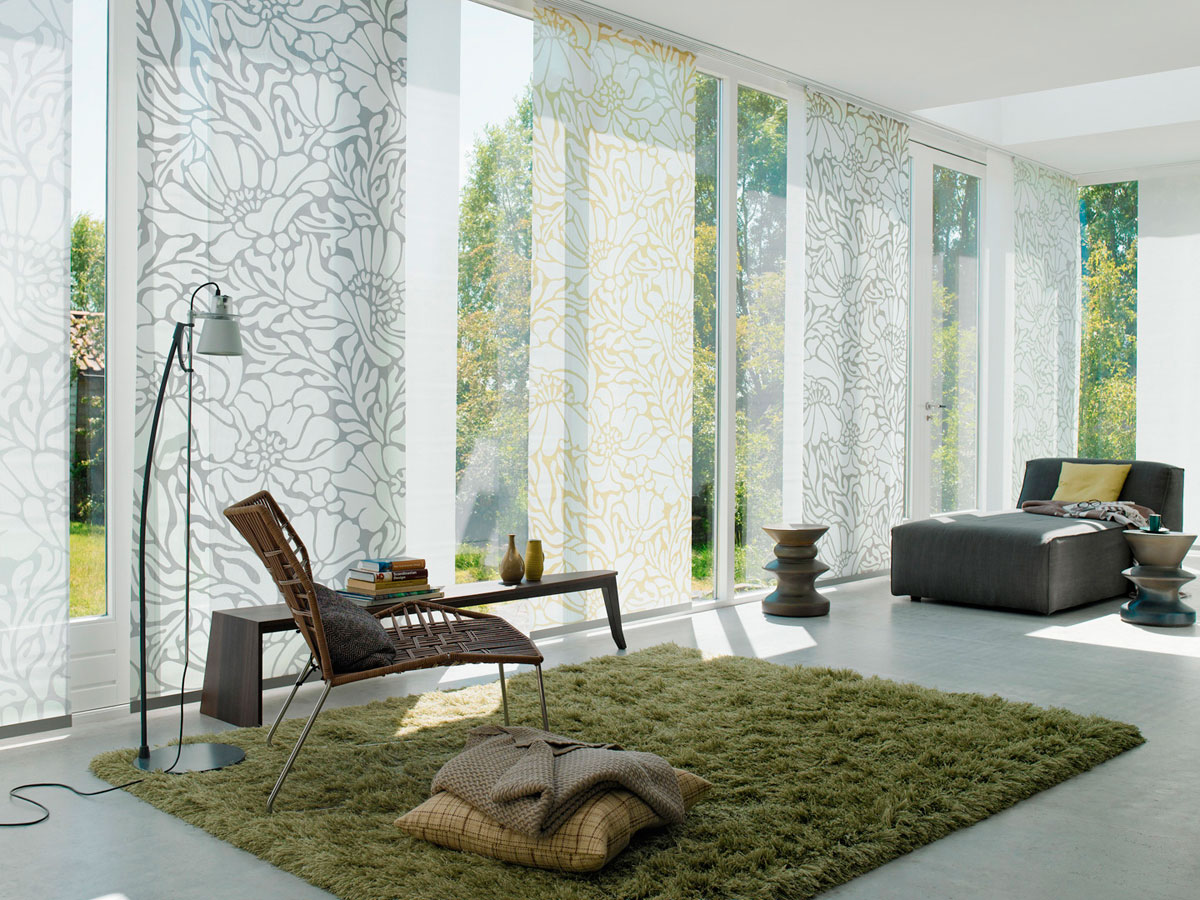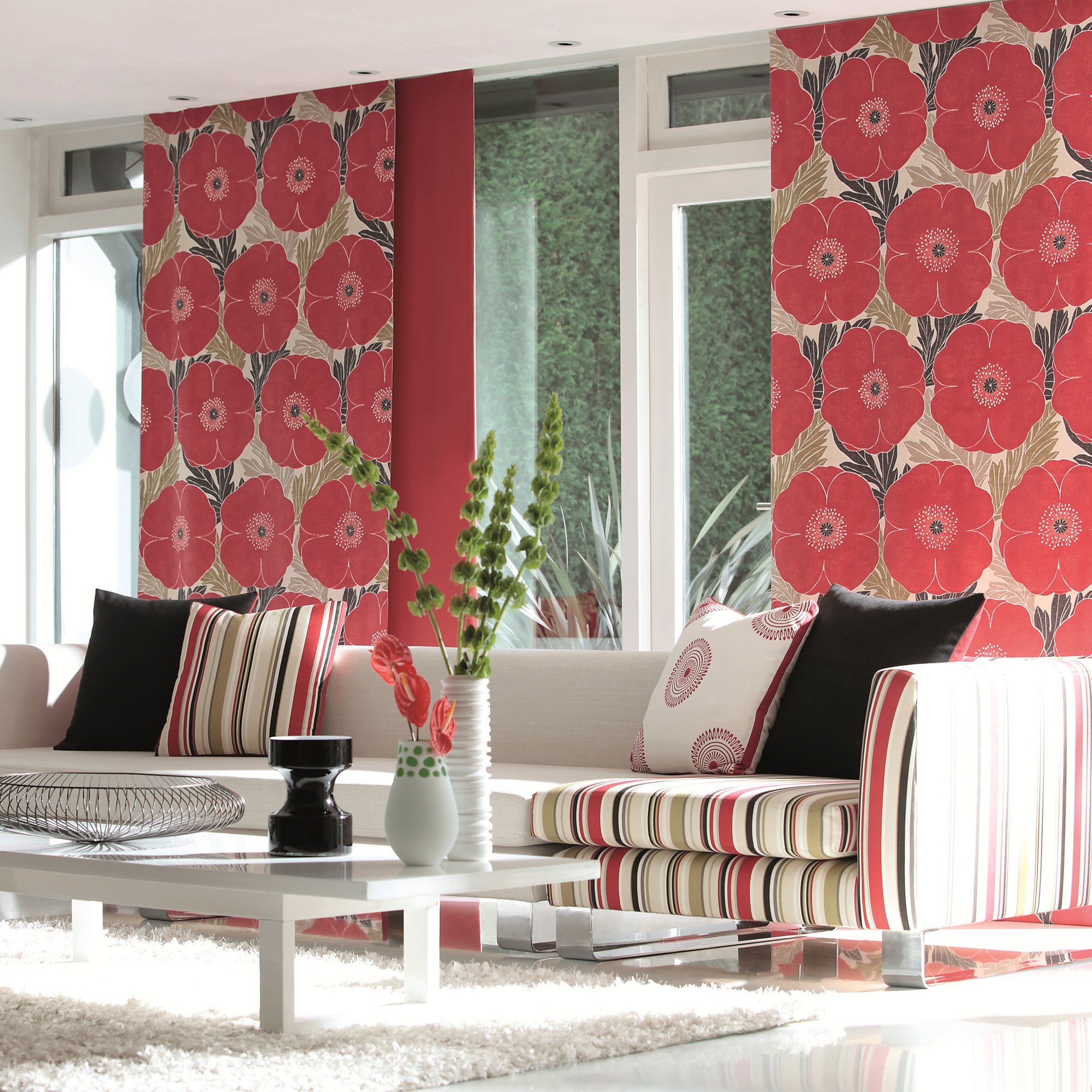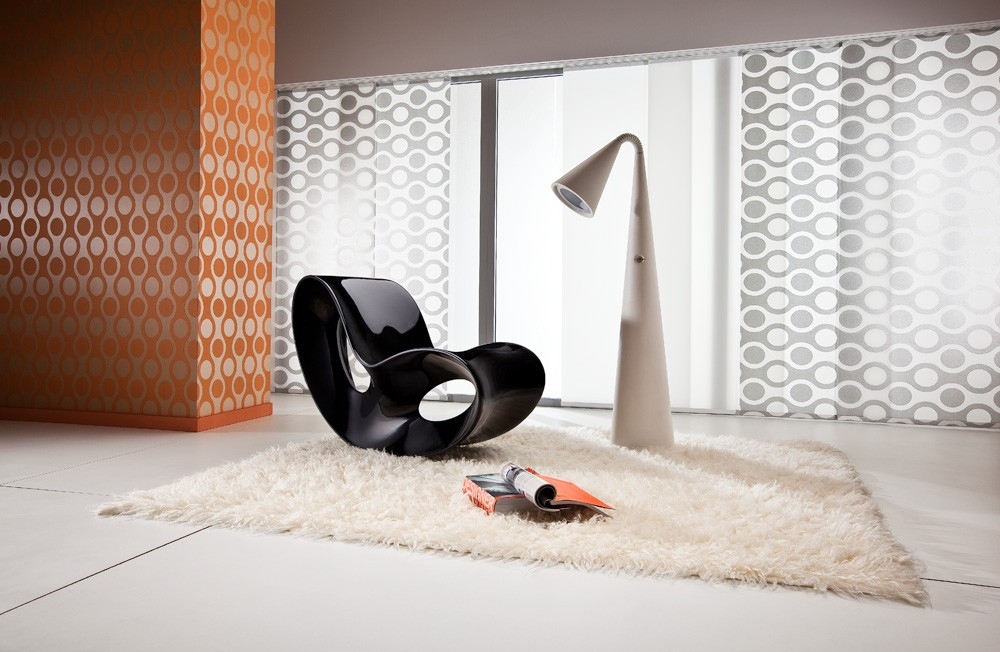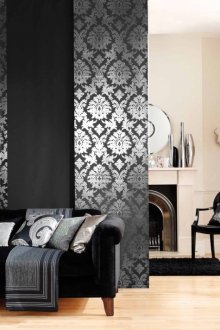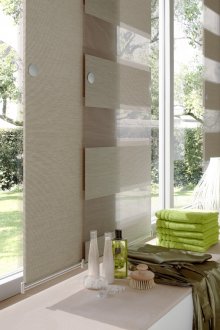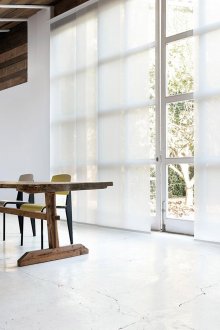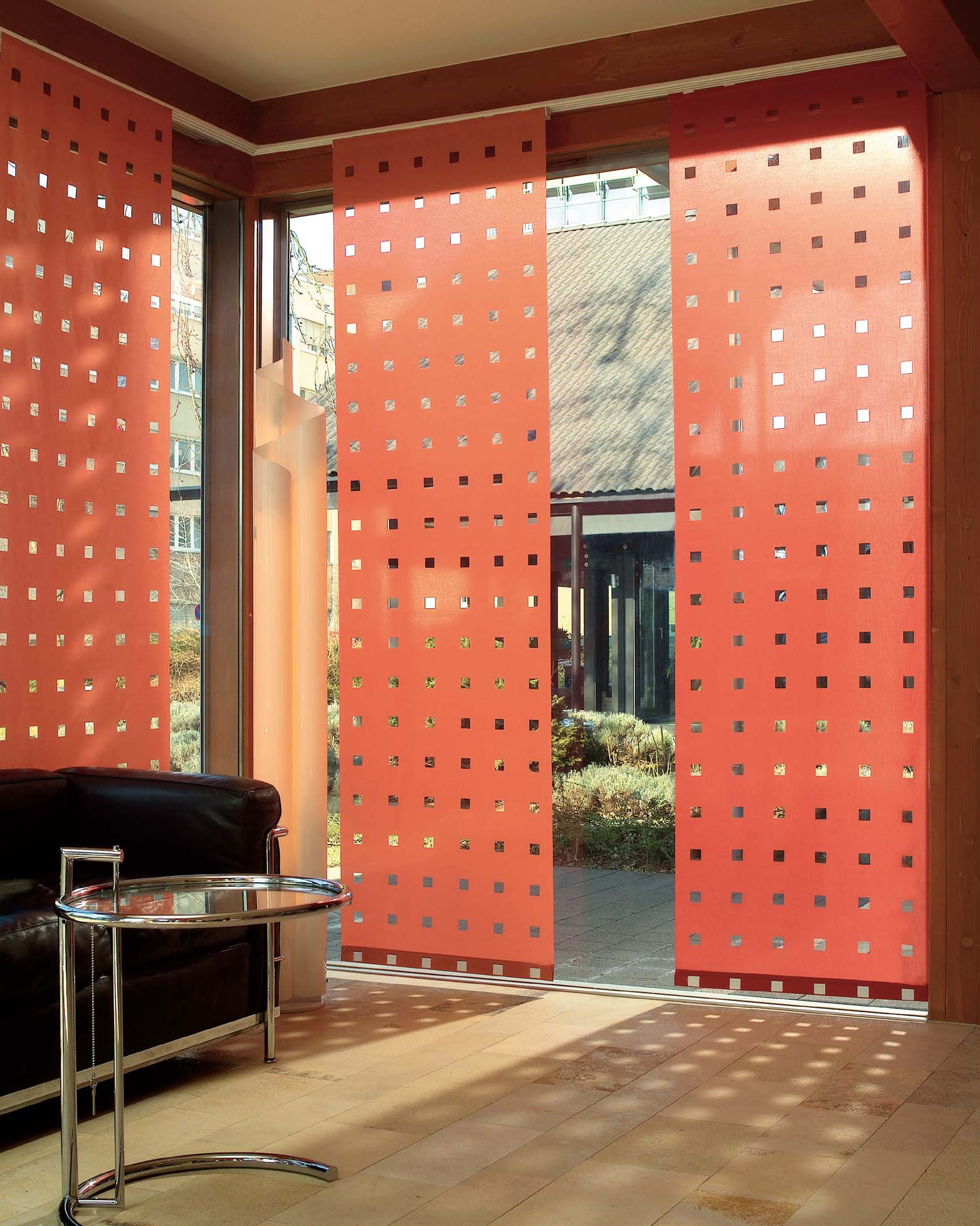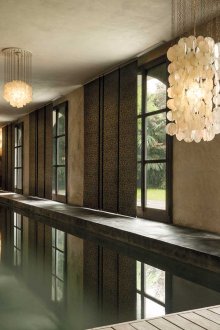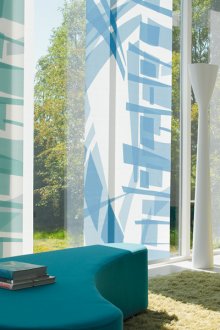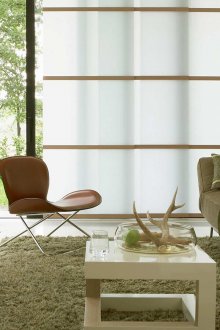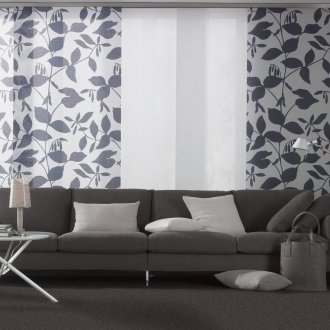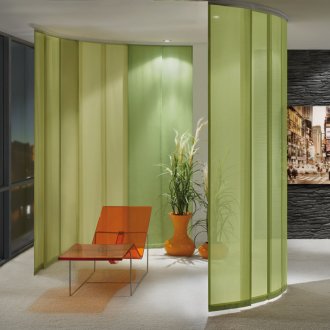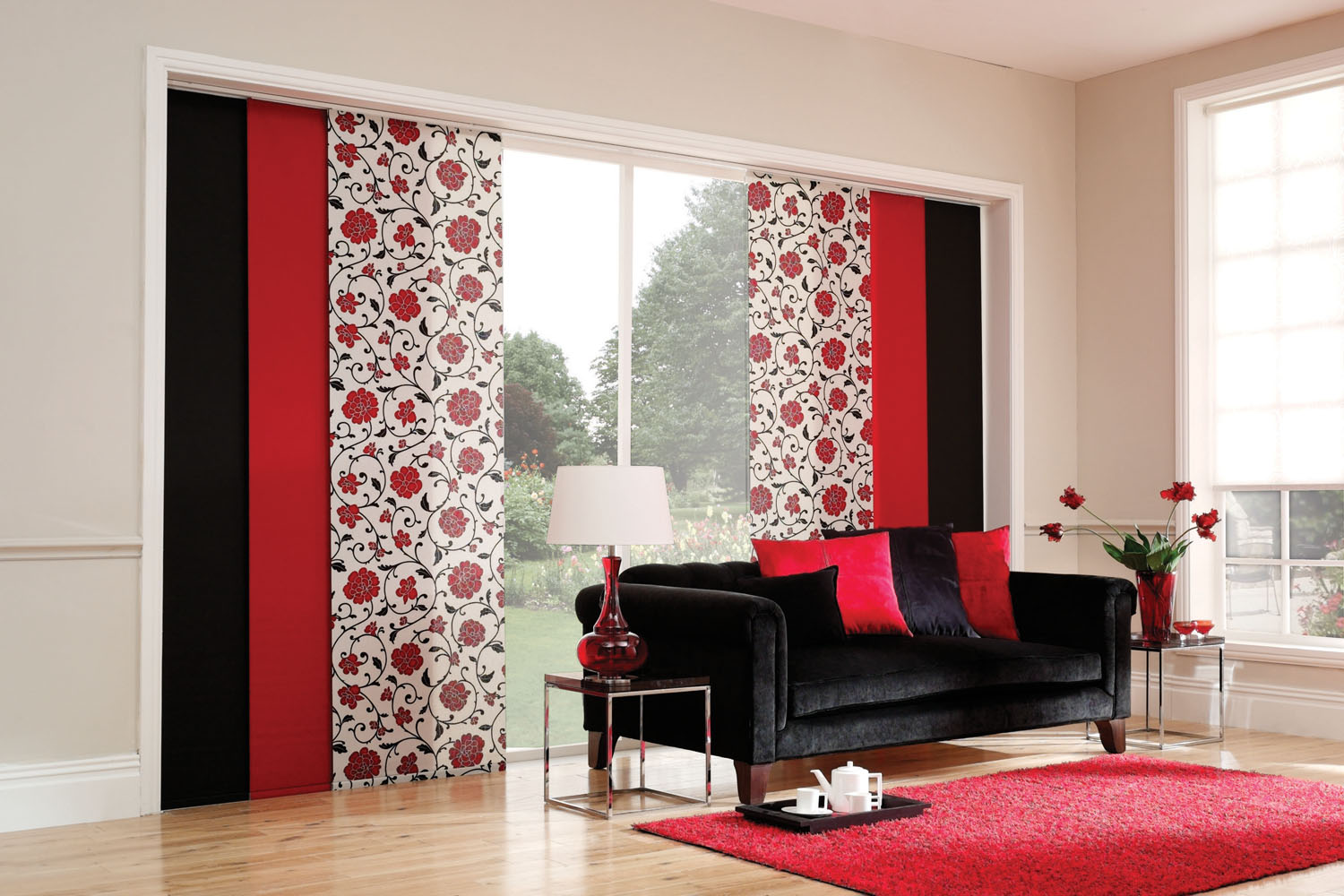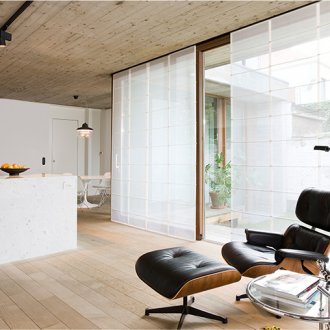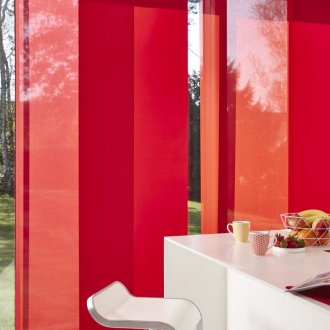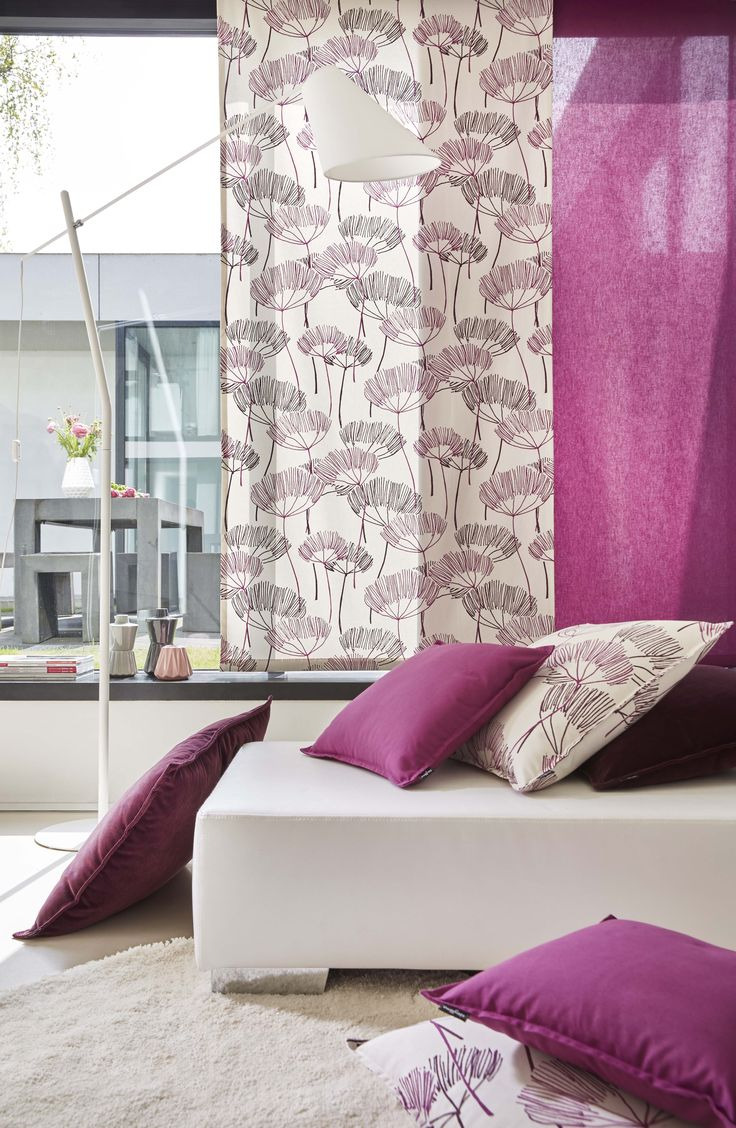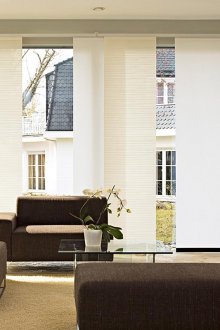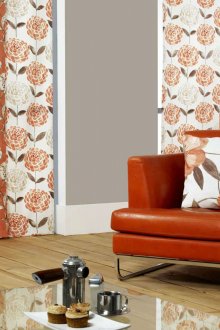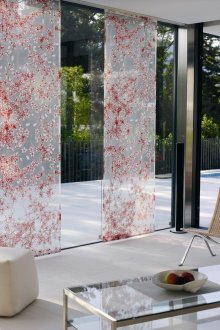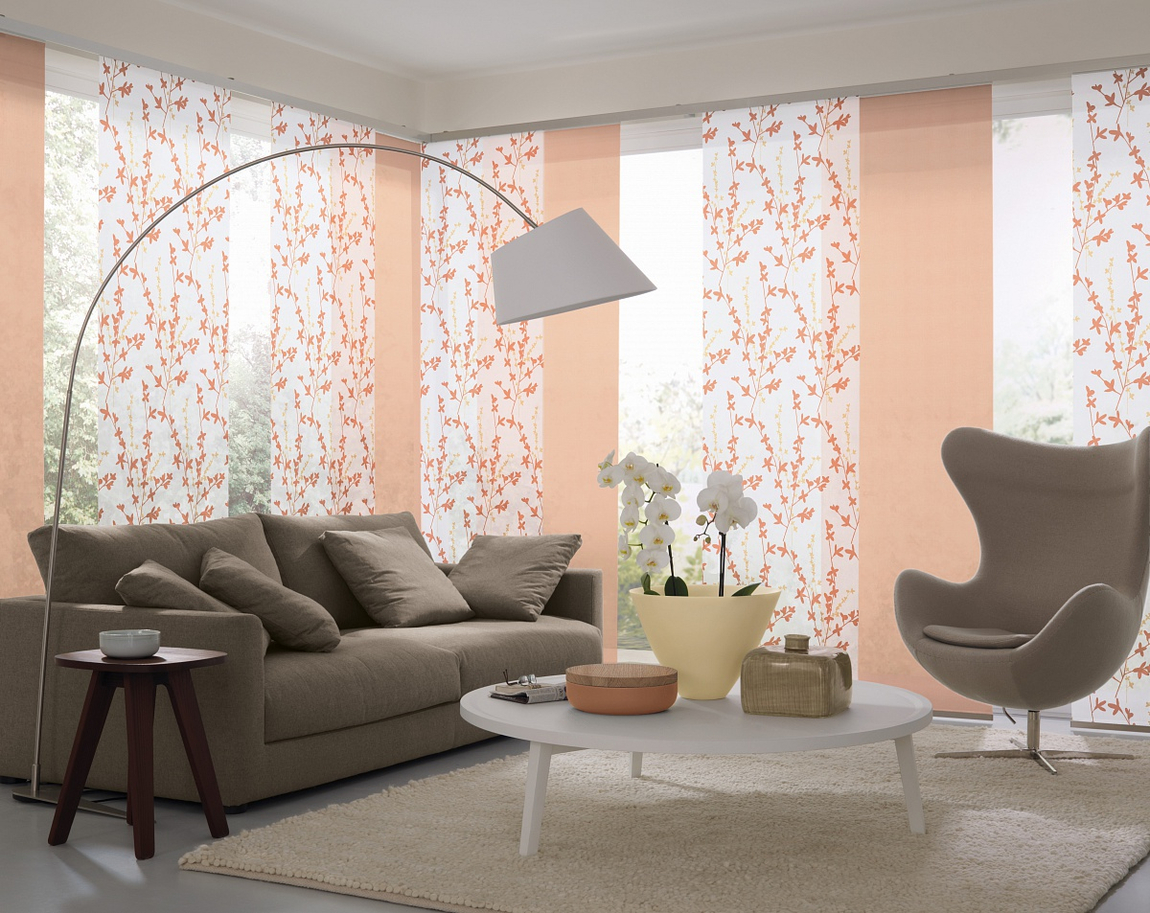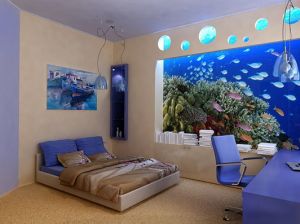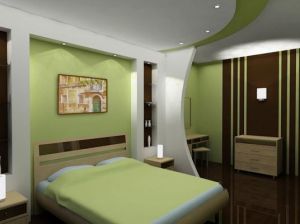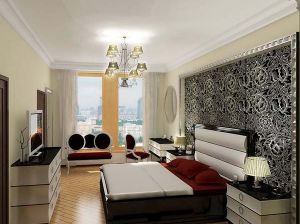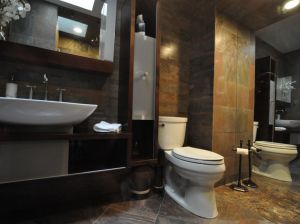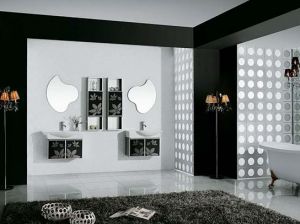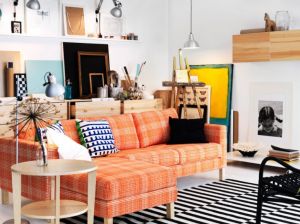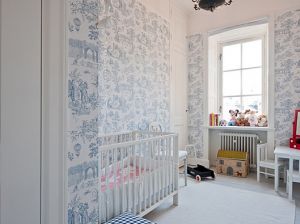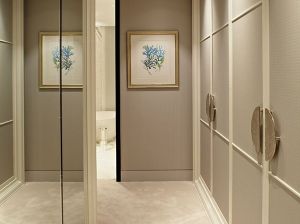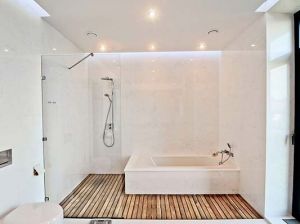Japanese curtains (20 photos): design and zoning of rooms in the apartment
Content
Harmonious minimalism and subtle beauty are always inherent in the Japanese style. Japanese curtains in the interior - a new way to decorate your windows, walls, niches and even doorways. Decorating your apartment in this way will bring sophistication and comfort, such a choice is well suited to lovers of simplicity, practicality and conciseness.
Japanese-style curtains - what is it?
Japanese curtains are smooth sliding fabric panels of small width, which, unlike the classic ones, look like a screen or screen. Such curtains are usually fastened with a multi-level ceiling cornice. They move around the window like a screen and always remain straight (like blinds) due to the weighting agent in the lower part.
Japanese curtains are easy to install, easy to care for, have maximum functionality and will become a wonderful decorative element in any of your rooms: hall, living room, kitchen, bedroom, balcony. Different types of curtains are distinguished by coloring, which may include traditional Japanese ornaments: bamboo, hieroglyphs, blooming sakura, fish and other patterns and shades.
All models of Japanese curtains look great on large stained-glass windows (or on large balcony windows), they add space to even more light and elegance. Usually made from natural fabrics: cotton, silk, bamboo, linen and others. Traditionally light and soft shades: pink, white, beige, light green, blue. Decorate curtains with silk threads, braid and laces.
The main advantages of Japanese curtains:
- practically do not absorb dust;
- easy to maintain - easily removed from the frames and erased;
- variation in the movement of curtains due to the small width, a variety of design;
- the ability to include curtains in the technology of "smart home".
Japanese Curtain Design
The feeling of comfort in the room is created precisely because of the discreet Japanese curtains, at the same time and their functionality. As mentioned above, roller blinds are attached to the curtain rod and remain flat due to the weighting agent.
Japanese roller blinds are similar to blinds, only without the rotation function, and the curtains are denser and heavier. Such a system is controlled by a cord, it has a central or one-way sliding. Japanese curtains operate on the principle of overlapping - rolls move along the ledge in different directions. So you can choose the number of curtain rods yourself, creating special design models for your curtains.
The wide functionality of Japanese curtains is also applicable in the zoning of your rooms. With their help, you can distinguish between separate sections in the rooms. For example, to separate the hall and the kitchen in the studio apartment, in the bedroom to allocate space for an office, make a separate zone of the hall, etc. Such zoning is used in traditional Japanese homes.
Roller blinds look most effective in spacious rooms with large window openings, in which case you can even apply zoning on a flexible ledge, for example, allocate a separate reading place in the middle of the hall near a bright window.
Japanese panel curtains - room for design
A variety of models and types of Japanese curtains will allow you to take into account the taste of anyone. For the manufacture of such curtains, blinds use a wide range of materials and colors.Various textured combinations look successful - alternating organza and opaque fabrics, light veil and dense curtains. A multi-level cornice allows you to fit in about 10 panels, which will allow you to change the interior in a matter of seconds.
Japanese curtains gently scatter the light, with their help you can create a loft-style design by using white panels through which the light from the balcony will gently come out into the room or kitchen.
Rolled Japanese curtains - ideal for paintings with complex patterns. The fabric is never collected, you and your guests can enjoy the beautiful view of the curtains. You can use any prints, drawings and colors. Using thermal printing, you can create curtains with your own individual pattern, boldly mixing colors and textures. Modern designers manage to combine Japanese curtains with traditional curtains in the living rooms.
Living room
When decorating a living room, it is important to remember that this is a visiting card of your home. Here you can choose both bright colors and calm pastel colors. A good solution for the living room is a transparent middle and dense panels at the edges. But this option is not suitable for a room with a balcony on the south side, which must be protected from bright daylight.
Kitchen
For the hostess, the kitchen is the main room in the apartment. Here she spends most of her time, here she has breakfast, lunch and dinner the whole family. Curtains for the kitchen should be made of quality fabrics, it is advisable to choose a simple and concise design. For a small kitchen, you can choose translucent panels of light fabrics, they will visually add space and air. If we talk about the psychology of color, then warm tones: yellow, red, orange, are good for the appetite.
Bedroom
In the bedroom you need to create a pleasant twilight, dim lighting. To do this, you need to think about what texture and color are suitable. For the bedroom, pastel colors are well suited in combination with dark shades, for example, in tone with the bedspread. Unusually look bamboo curtains.
Do-it-yourself Japanese curtains
The thing happens in a few steps:
- You cut out strips 60 cm wide (they are all the same and rectangular). Along the entire perimeter of the strip (except for the bottom) you leave allowances for the hem (about 0.5-0.7 cm). The bottom is processed by the drawstring.
- The length of the panel is selected from the calculation of the curtains in finished form + 1-2 cm for Velcro.
- Carefully iron the strips, paying particular attention to the side seams.
- At the end, place the weighting agent in the lower part of the curtains.
With the help of Japanese curtain shutters, you can easily transform the interior of your apartment, ennobled it and highlighted new zones in it.
